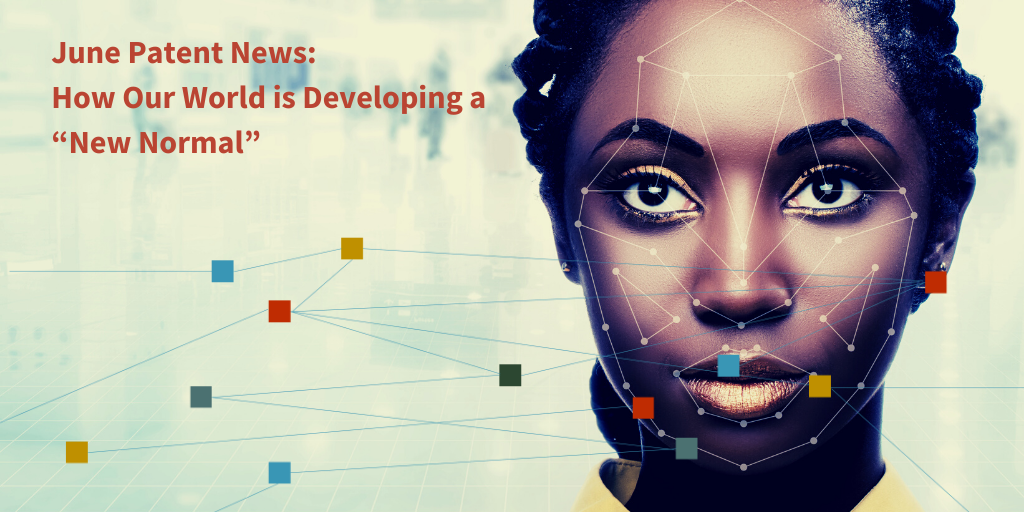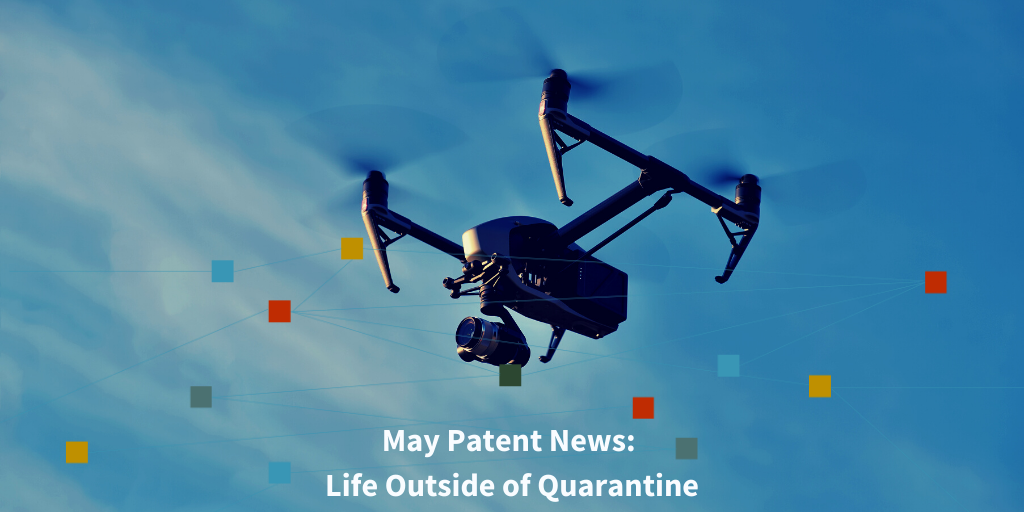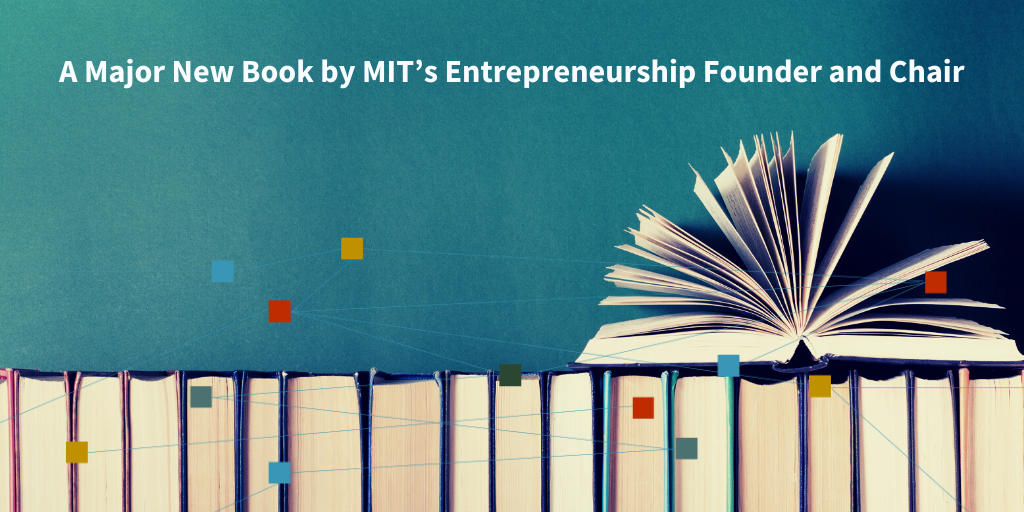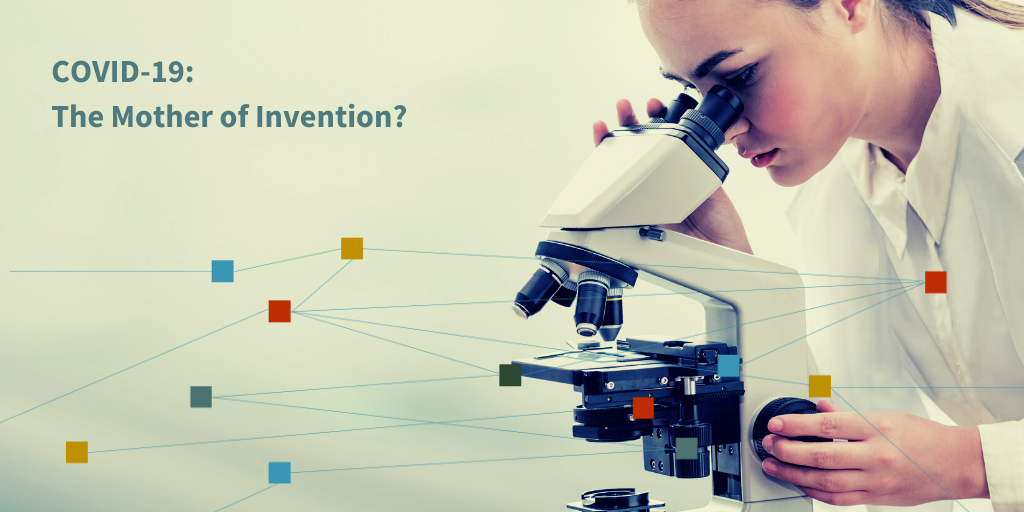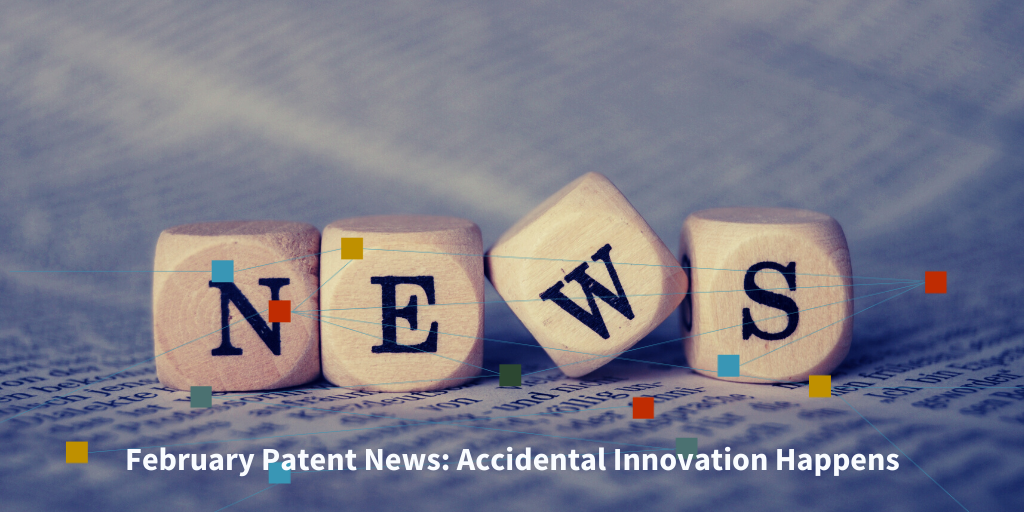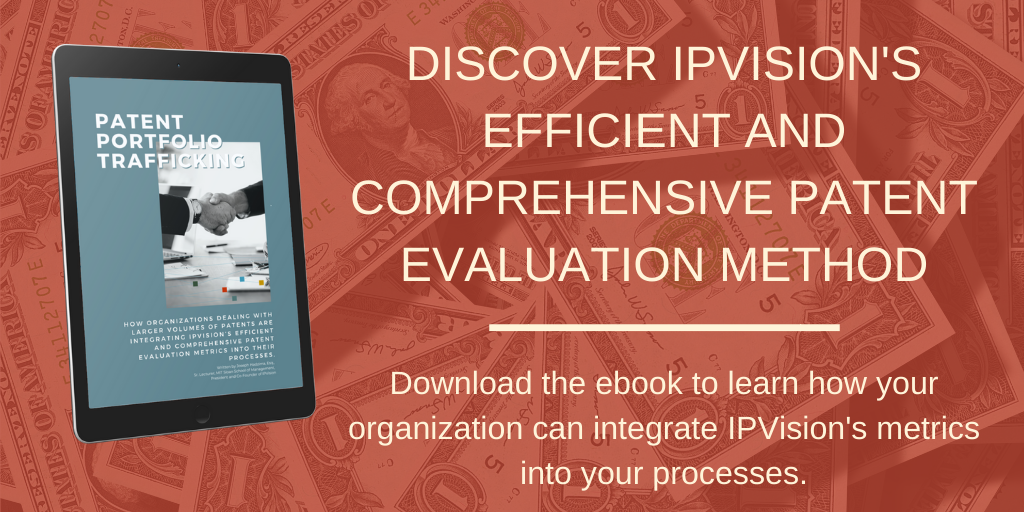As we eagerly wait for our world to return to normal, we begin to understand that the “normal” we face will not be the same as we knew it before. For as long as we can foresee, we will still need to keep distance from others (Enter: Apple’s new app for distance group photos.) And we are becoming more aware of racial inequalities that exist throughout our country. (Enter: Apple and other companies halting facial recognition program sales). See what other companies are doing to move our world along.


